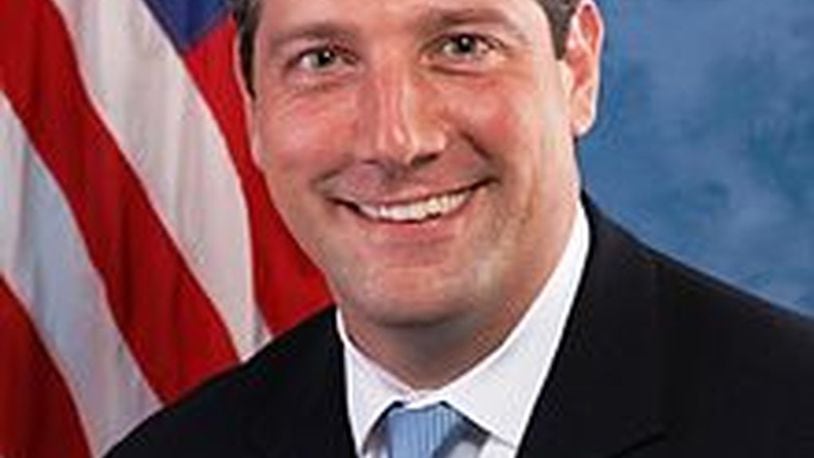Although Spicer later told NBC the import tax is not a specific policy proposal but rather among a group of ideas to pay for the wall, the suggestion of a trade war with Mexico sent tremors through both political parties in Washington.
A trade war would have a major impact on Ohio industries and consumers. In 2015, Ohio companies and farmers exported $6.5 billion worth of goods to Mexico.
A tariff could be devastating for Ohio farmers and the makers of components for cars made in Mexico, said Terence Lau, professor and associate dean in the University of Dayton’s school of business administration.
While some companies, such as Ford, General Motors and Honda, produce some of their cars in Mexico, Lau said a lot of the parts are made in Ohio. Not only could a tariff impact those parts makers, it could cause Mexico to retaliate by imposing a ban on U.S. exports, Lau said.
“It’s actually a two-way deal,” Lau said. “It could lead to some sort of tit-for-tat trade war.”
Ohio companies in 2015 exported $1.3 billion worth of vehicles and automotive parts to Mexico. The 1993 North American Free Trade Agreement with Canada and Mexico, while hugely unpopular with many people in Ohio, essentially integrated the North American automotive industry.
Sen. Sherrod Brown, D-Ohio, an outspoken critic of trade agreements he believes have cost U.S. manufacturing jobs, assailed the White House suggestion of a 20 percent tax, saying it “is not a well-thought out trade policy designed to help Ohio workers and manufacturers. In fact, it would hurt Ohio’s auto, steel and aluminum supply chains among others and raise prices for hard-working Americans,” he said.
Rep. Tim Ryan, D-Niles, warned, “We are heading down a dangerous and chaotic path of uncertainty that should concern everyone, regardless of political party.”
Spicer said the White House is considering the import tax as part of a broader effort to overhaul the nation’s tax code. Such an effort would require congressional approval.
Sen. Rob Portman, R-Ohio, said the tax would not apply only to Mexico. “As part of a tax reform effort to create more and better jobs, there is discussion about a so-called border adjustability tax that would apply to imports from all countries,” he said. “It would be one possible part of a larger pro-jobs tax reform project, but it would not only apply to Mexico. Singling Mexico out could raise costs for consumers in Ohio and around the country and result in us losing good export jobs.”
Edward Hill, a professor of economic development policy at the John Glenn College of Public Affairs at Ohio State University, said Mexico could “could just as easily put a countervailing tax on American agricultural imports to Mexico.”
“They’re our largest agricultural market,” Hill said, warning if Mexico plunged into a recession because of a trade war “it will hurt the United States, particularly along the border region.”
Ohio manufacturers in 2015 exported $1.2 billion worth of industrial machinery and computers to Mexico, $650 million in electric machinery such as TV equipment, and $250 million in iron and steel products, according to the Ohio Department of Development.
Rep. Steve Stivers, R-Upper Arlington, whose district is near the Honda plant in Marysville, said any tax changes must be aimed at bringing jobs to the United States.
“I have heard some concerns about inflation that may result from a border tax and I want to understand how it would be implemented before I make a decision on the idea,” he said.
Staff Writer Max Filby contributed to this report
